
Find Help
More Items From Ergsy search
-

Navigating Child Custody Laws in the UK
Relevance: 100%
-

How have child custody laws changed in 2026?
Relevance: 93%
-
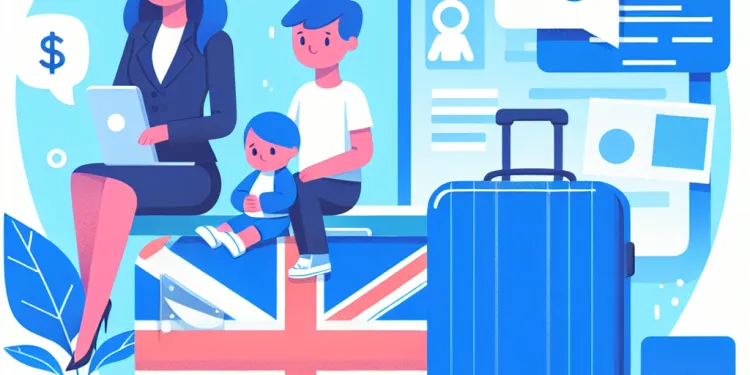
Navigating Child Custody and Visitation Rights in Modern UK
Relevance: 74%
-
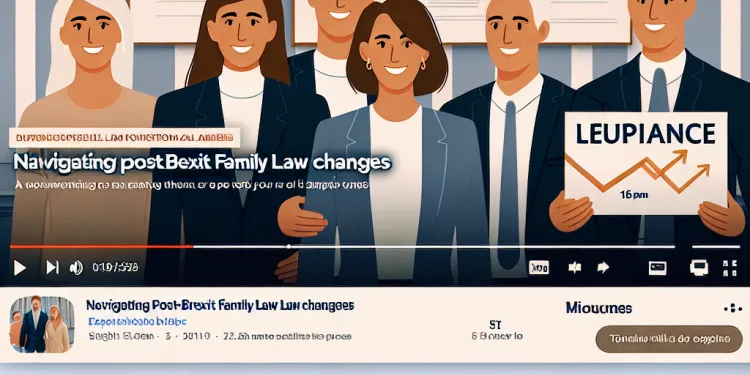
Navigating Post-Brexit Family Law Changes
Relevance: 56%
-

What is the status of joint custody provisions in the 2026 family court updates?
Relevance: 54%
-

Navigating Changes in Family Law Post-Brexit
Relevance: 54%
-

Child Care Proceedings | Family Law
Relevance: 49%
-
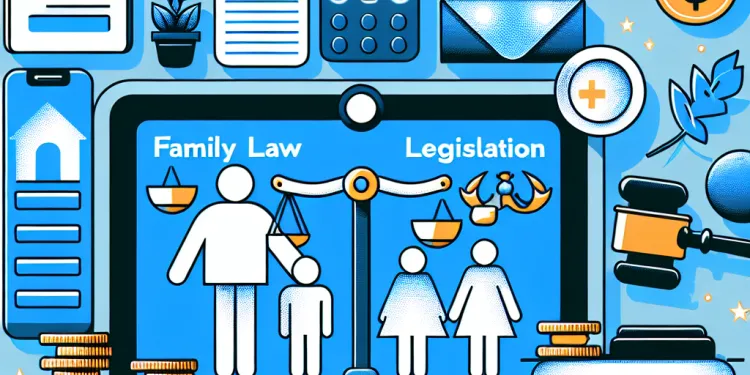
Impacts of Recent Changes to Family Law Legislation
Relevance: 48%
-

Magistrates in the Family Court: A Private Law Case
Relevance: 47%
-

What are the changes to Family Court Law in 2026?
Relevance: 44%
-

How has child support calculation been updated in 2026?
Relevance: 37%
-
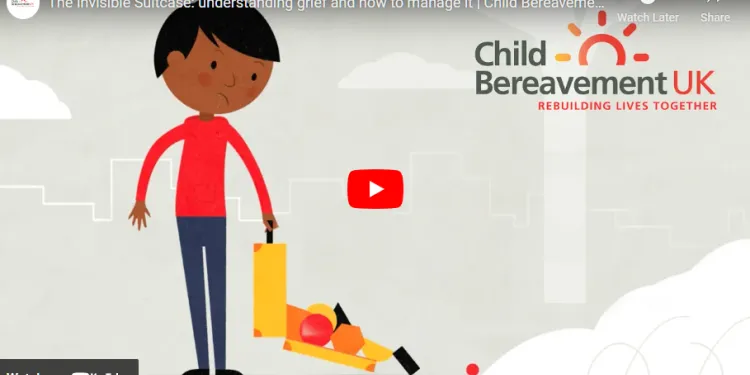
Child Bereavement
Relevance: 32%
-

My Stammering Child
Relevance: 32%
-

Understanding Parental Rights in Light of New UK Child Protection Legislation
Relevance: 32%
-

What updates have been made to enforce child support in 2026?
Relevance: 31%
-

Are there any changes to surrogacy arrangements under the 2026 family court law?
Relevance: 31%
-

Three-year limit for child sexual abuse claims to be removed
Relevance: 30%
-
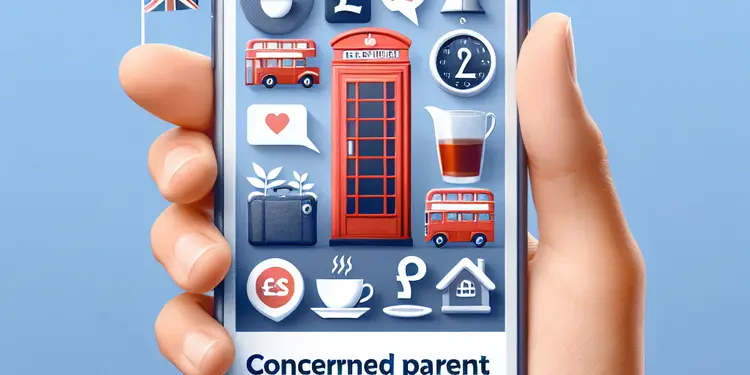
What should I do if I suspect my child is being groomed?
Relevance: 30%
-

Understanding Your Rights During Divorce Proceedings in the UK
Relevance: 29%
-

Is screening painful or risky for my child?
Relevance: 29%
-

Caring for a child with fever | NHS
Relevance: 29%
-

Are there specific laws governing SEND in schools?
Relevance: 29%
-
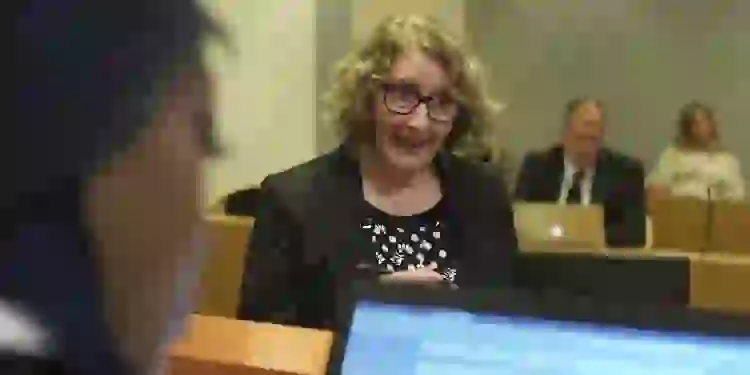
Magistrates in the Family Court: A Public Law Case
Relevance: 29%
-

Can my child get braces on the NHS?
Relevance: 28%
-

My child has vomiting and diarrhoea - what do I do?
Relevance: 27%
-

How can I tell if my child is being groomed?
Relevance: 27%
-
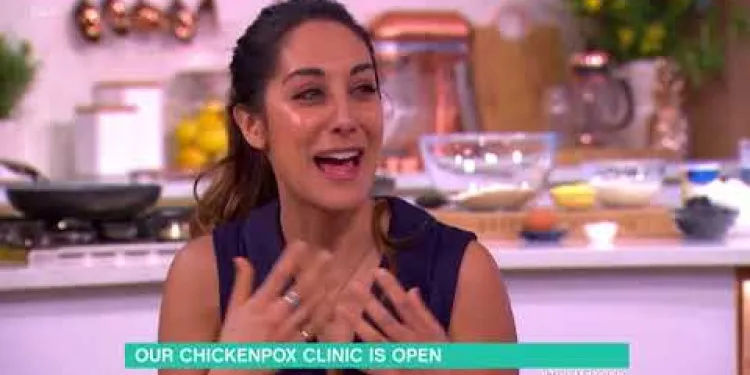
How to Keep a Child With Chickenpox Comfortable
Relevance: 27%
-

Are there any laws against binge drinking?
Relevance: 27%
-

Helen Starkie, Solicitor, Bath, UK
Relevance: 27%
-

Should I limit my child's internet usage to prevent grooming?
Relevance: 27%
-
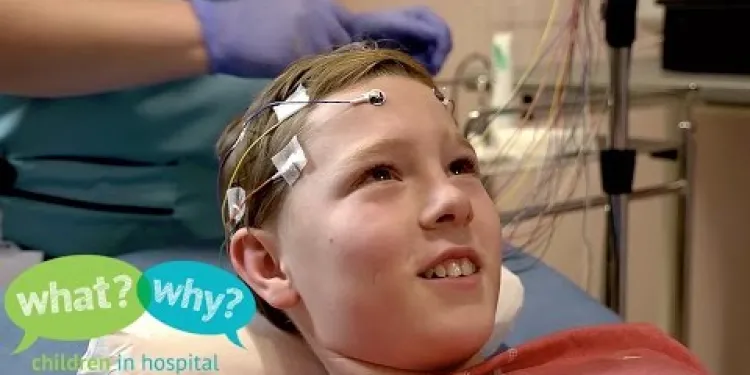
What happens when my child has an EEG?
Relevance: 27%
-

Who can be considered a domestic abuse perpetrator under the new law?
Relevance: 27%
-

Understanding the New Domestic Abuse Laws in the UK
Relevance: 26%
-

Advice if your child has... A High temperature
Relevance: 26%
-

Do existing UK laws sufficiently protect under 16s on social media?
Relevance: 26%
-

What happens if my child's screening results are positive?
Relevance: 26%
-

Are there privacy laws that protect me from neighbor's cameras?
Relevance: 26%
-
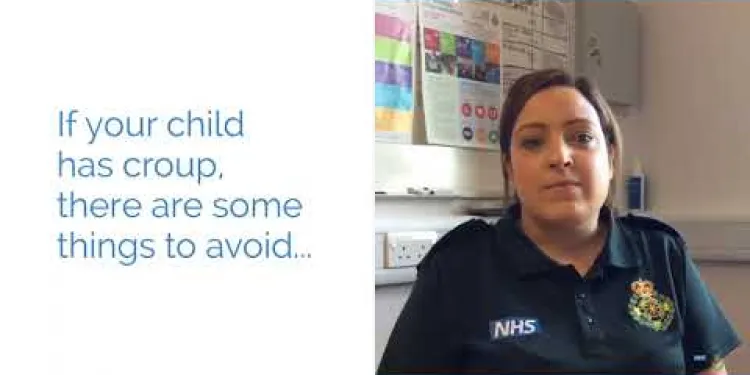
What to do when your child has... croup
Relevance: 26%
-

Are there specific laws against dangerous driving?
Relevance: 26%
-
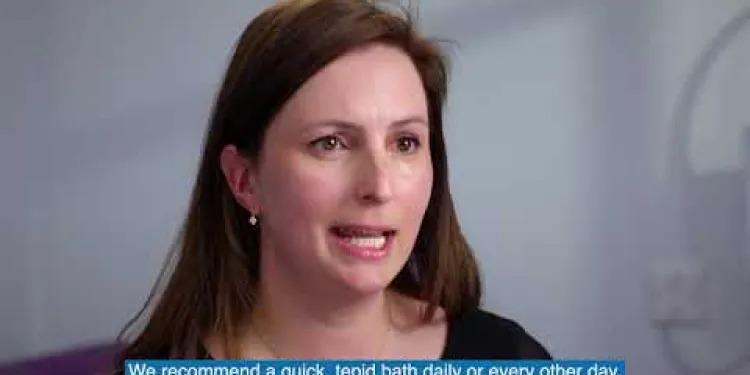
Managing and treating your child's eczema
Relevance: 26%
Navigating Child Custody Laws in the UK
Understanding the Basics
Child custody laws in the United Kingdom are primarily governed by the Children Act 1989. The law emphasizes the welfare of the child as the paramount consideration in any custody decision. Custody, now more commonly referred to as "child arrangements," concerns where the child lives and who is responsible for making vital decisions about their upbringing.
Types of Custody
There are several types of custody arrangements recognized in the UK. These include:
- Sole Custody: One parent has full responsibility for the child's day-to-day care and major decisions.
- Joint Custody: Both parents share responsibilities and decisions, with the child either living with both on a part-time basis or mainly with one parent.
Applying for Custody
If parents cannot agree on child arrangements, they may need to apply for a Child Arrangements Order from the family court. The court will consider various factors in its decision, such as the child's wishes and feelings, emotional needs, educational needs, and the capacity of each parent to meet these needs.
Mediation and Dispute Resolution
Before applying to court, parents are often required to attend a Mediation Information and Assessment Meeting (MIAM). Mediation is encouraged as it can be a less stressful and more amicable way to resolve disputes.
The Role of Cafcass
The Children and Family Court Advisory and Support Service (Cafcass) plays a crucial role in UK custody cases. Cafcass officers provide independent advice to the court about what is safest and best for the child.
Legal Aid and Representation
While legal aid may be available for some parents, eligibility is based on specific criteria, including income and the nature of the case. Hiring a solicitor specializing in family law can provide invaluable guidance and representation throughout the custody process.
Overall, navigating child custody laws in the UK requires a clear understanding of legal principles, a focus on the child's best interests, and often, willingness to seek mediation and professional legal advice.
Navigating Child Custody Laws in the UK
Understanding the Basics
In the UK, child custody laws are found in the Children Act 1989. When deciding custody, the main focus is what is best for the child. These rules decide where the child lives and who makes important choices for them.
Types of Custody
There are different ways parents can share time with their children. These include:
- Sole Custody: One parent takes care of the child all the time and makes big decisions for them.
- Joint Custody: Both parents share taking care of the child and making choices. The child can live with both parents part of the time or mostly with one.
Applying for Custody
If parents can't agree on where the child lives or decisions, they might have to ask the family court for help with a Child Arrangements Order. The court looks at things like how the child feels, their needs, and what each parent can offer.
Mediation and Dispute Resolution
Before going to court, parents usually need to try mediation. This means talking with a mediator to agree without a judge. Mediation can be less stressful and can help parents cooperate better.
The Role of Cafcass
Cafcass is a group that helps the court decide what's best for the child. They give advice to make sure the child is safe and happy.
Legal Aid and Representation
Some parents might get help paying for a lawyer, but it depends on how much money they have and the details of the case. Having a family law solicitor can be helpful for advice and to speak to the court for you.
Understanding child custody in the UK means knowing the rules, thinking about what is best for the child, and sometimes getting help from mediators or legal experts.
Frequently Asked Questions
What is child custody?
Child custody refers to the legal rights and responsibilities a parent has towards their child, including where the child lives and who makes decisions about their welfare.
Who gets custody of the children after a divorce?
There is no set rule. The court's primary concern is the child's best interests. This can result in joint custody, where both parents share responsibilities, or sole custody, where one parent is the primary carer.
What factors does the court consider in child custody cases?
The court considers several factors, including the child's wishes (depending on age and maturity), each parent's ability to meet the child's needs, and the existing relationship between the child and each parent.
Can a child choose which parent to live with?
A child's preference is considered, especially if they are over 12 years old. However, the final decision is based on their best interests.
What is a Residence Order?
A Residence Order is a court order stipulating where and with whom a child will live.
What is a Contact Order?
A Contact Order is a court order that regulates the contact a child has with their non-resident parent or other family members.
What is shared custody?
Shared custody, or joint custody, is an arrangement where both parents share significant periods of time with the child and jointly make decisions about the child's upbringing.
Can grandparents apply for custody?
In the UK, grandparents can apply for custody or contact orders, but they may need the court's permission to do so.
How do you apply for a child custody order?
You apply for a child custody order by completing the relevant form (C100) and submitting it to your local family court.
Do I need a solicitor to apply for child custody?
While you can represent yourself, having a solicitor can be beneficial as they can provide legal advice and guide you through the process.
What happens if one parent breaches a custody order?
If a custody order is breached, the other parent can apply to the court for enforcement. The court can impose penalties, including fines or, in extreme cases, imprisonment.
Can custody arrangements be changed?
Yes, either parent can apply to the court for a variation of the custody order if there has been a significant change in circumstances.
What is parental responsibility?
Parental responsibility means all the rights, duties, powers, responsibilities, and authority that a parent has in relation to the child and their property.
How does child maintenance relate to child custody?
Child maintenance is a financial contribution towards a child's living costs from the non-resident parent. It is separate from custody arrangements but is often addressed concurrently.
Can mediation help in resolving custody disputes?
Yes, mediation is often recommended before going to court. It helps parents come to an amicable agreement about custody arrangements without the need for a contentious court battle.
What is child custody?
Child custody means who takes care of a child. It is about who the child lives with and who makes important decisions for the child.
There are two main parts of child custody:
- Physical custody: This is about who the child lives with most of the time.
- Legal custody: This is about who can make big choices for the child, like school and health care.
Sometimes, parents can share these responsibilities, and sometimes one parent has most of them.
Supportive tools: Talking with a trusted adult or using picture cards can help understand child custody better.
Child custody means who gets to take care of a child. It is about the rights and duties a parent has for their child. This includes where the child lives and who decides things for the child’s well-being.
If you're finding it hard to read, try breaking the sentences into smaller parts. You could also ask someone to read it out loud to you. Using online readers or audiobooks can also be helpful.
Who looks after the children when parents split up?
When parents stop living together, who will take care of the children? Here are some things that can help:
- Parents can talk and decide together.
- A judge can help if parents can't agree.
- Children might talk to someone who listens to how they feel.
Parents and kids can also talk to people who know a lot about these things. They can help everyone understand and feel better.
There is no fixed rule. The court wants what is best for the child. Sometimes, both parents will take care of the child and make decisions together. This is called joint custody. Other times, only one parent will take care of the child most of the time. This is called sole custody.
What does the court think about in child custody cases?
The court looks at a few things, like what the child wants (based on how old they are and how grown-up they are), how well each parent can take care of the child, and how the child gets along with each parent.
If you find reading hard, you can try using audiobooks or ask someone to read with you. Also, breaking the text into smaller parts might help. It's okay to read slowly and ask questions if you need to. You can use colored overlays on the page to make reading easier.
Can a child pick which parent to live with?
We listen to what a child wants, especially if they are older than 12. But, what happens is decided by what is best for them.
What is a Residence Order?
A Residence Order is a legal paper from the court. It says where a child will live. It decides who will take care of the child. This can be a parent or another person.
To help understand better, you can:
- Talk to someone you trust about it.
- Use pictures or drawings to show who lives with the child.
A Residence Order is a rule from the court. It says where and with whom a child will live.
What is a Contact Order?
A Contact Order is a decision from a court. It says when you can see a child. It can tell you who the child can see, like parents or grandparents.
If you have trouble reading, you can:
- Ask someone you trust to help you.
- Use apps that read text out loud.
- Break the text into smaller parts.
A Contact Order is a special rule from the court. It tells how a child can see their parent who doesn't live with them or other family members.
What is shared custody?
"Shared custody" means that both parents take care of their child after they separate or divorce. The child spends time living with each parent.
This helps the child be with both parents. Parents work together to make sure the child is happy and healthy.
Using pictures, drawings, or a calendar can help keep track of where the child will be. Talking and listening are also important to make sure everyone understands.
Shared custody, or joint custody, means both parents spend important time with the child and make decisions together about how to raise the child.
Can grandparents take care of their grandchildren?
Sometimes, grandparents want to take care of their grandchildren all the time. This is called "custody."
If you are a grandparent, you can ask a court if you can take care of your grandchildren. A court is a place where important decisions are made.
You might need some help to understand how to do this. You can talk to a lawyer or a friendly helper who knows about these things.
Using pictures or simple stories can also help you understand what to do.
In the UK, grandparents can ask the court if they can look after their grandchildren or see them. They might need to get special permission from the court first.
How can you ask the court for child custody?
You can ask for a child custody order by filling out a form called C100. Then, you take the form to your local family court.
Do I need a lawyer to ask for child custody?
You might want to ask a lawyer for help when trying to get child custody, but you do not have to. You can do it yourself.
Here are some tips to help you:
- Read about child custody so you know what to expect.
- Talk to someone who knows about the law, like a lawyer or a support worker, to get some advice.
- Use online guides that can help you fill out forms and understand the steps you need to take.
- Ask a friend or family member to help you with the paperwork.
Remember, it is okay to ask for help if you need it.
You can do it by yourself, but having a lawyer can help. A lawyer gives you advice and helps you understand what to do.
What if a parent breaks a custody order?
If one parent breaks the rules about who takes care of a child, the other parent can ask the court for help. The court can give punishments like making the parent pay money. In very serious cases, the court can even send someone to jail.
Can we change who looks after a child?
Yes, either parent can ask the court to change the custody order if something important has changed.
What is parental responsibility?
"Parental responsibility" means taking care of a child. It is about making decisions for a child. This can be about things like school, health, and home. If you have "parental responsibility," you must make sure a child is safe and happy.
If you need help, you can use tools like picture charts or simple lists. These can help you remember what to do for your child. You can also ask someone you trust for advice.
Parental responsibility means all the things a parent must do to take care of a child and their things. This includes the parent's rights and duties.
What is the link between money for looking after children and who they live with?
Child maintenance is money that a parent who doesn't live with their child gives to help with the child's needs. It is different from who the child lives with, but both are often talked about at the same time.
Can mediation help solve custody fights?
When parents can't agree on who takes care of their children, it's called a custody fight.
Mediation is when parents talk with a special helper to find a solution together. The special helper is called a mediator.
Mediation can be a good way to solve problems because:
- It helps parents talk and listen to each other.
- The mediator helps find fair solutions.
- It can save time and money instead of going to court.
Tips to make mediation work:
- Be calm and ready to listen.
- Think about what is best for the children.
- Try to find a solution that makes everyone happy.
Tools that can help:
- Pencil and paper: Write down ideas and solutions.
- A friend or support person: Someone who can help you feel calm and supported.
Yes, it's a good idea to try mediation before going to court. Mediation helps parents agree on caring for their children without fighting in court.
Useful Links
This website offers general information and is not a substitute for professional advice.
Always seek guidance from qualified professionals.
If you have any medical concerns or need urgent help, contact a healthcare professional or emergency services immediately.
- Ergsy carfully checks the information in the videos we provide here.
- Videos shown by Youtube after a video has completed, have NOT been reviewed by ERGSY.
- To view, click the arrow in centre of video.
- Most of the videos you find here will have subtitles and/or closed captions available.
- You may need to turn these on, and choose your preferred language.
- Go to the video you'd like to watch.
- If closed captions (CC) are available, settings will be visible on the bottom right of the video player.
- To turn on Captions, click settings .
- To turn off Captions, click settings again.
More Items From Ergsy search
-

Navigating Child Custody Laws in the UK
Relevance: 100%
-

How have child custody laws changed in 2026?
Relevance: 93%
-

Navigating Child Custody and Visitation Rights in Modern UK
Relevance: 74%
-

Navigating Post-Brexit Family Law Changes
Relevance: 56%
-

What is the status of joint custody provisions in the 2026 family court updates?
Relevance: 54%
-

Navigating Changes in Family Law Post-Brexit
Relevance: 54%
-

Child Care Proceedings | Family Law
Relevance: 49%
-

Impacts of Recent Changes to Family Law Legislation
Relevance: 48%
-

Magistrates in the Family Court: A Private Law Case
Relevance: 47%
-

What are the changes to Family Court Law in 2026?
Relevance: 44%
-

How has child support calculation been updated in 2026?
Relevance: 37%
-

Child Bereavement
Relevance: 32%
-

My Stammering Child
Relevance: 32%
-

Understanding Parental Rights in Light of New UK Child Protection Legislation
Relevance: 32%
-

What updates have been made to enforce child support in 2026?
Relevance: 31%
-

Are there any changes to surrogacy arrangements under the 2026 family court law?
Relevance: 31%
-

Three-year limit for child sexual abuse claims to be removed
Relevance: 30%
-

What should I do if I suspect my child is being groomed?
Relevance: 30%
-

Understanding Your Rights During Divorce Proceedings in the UK
Relevance: 29%
-

Is screening painful or risky for my child?
Relevance: 29%
-

Caring for a child with fever | NHS
Relevance: 29%
-

Are there specific laws governing SEND in schools?
Relevance: 29%
-

Magistrates in the Family Court: A Public Law Case
Relevance: 29%
-

Can my child get braces on the NHS?
Relevance: 28%
-

My child has vomiting and diarrhoea - what do I do?
Relevance: 27%
-

How can I tell if my child is being groomed?
Relevance: 27%
-

How to Keep a Child With Chickenpox Comfortable
Relevance: 27%
-

Are there any laws against binge drinking?
Relevance: 27%
-

Helen Starkie, Solicitor, Bath, UK
Relevance: 27%
-

Should I limit my child's internet usage to prevent grooming?
Relevance: 27%
-

What happens when my child has an EEG?
Relevance: 27%
-

Who can be considered a domestic abuse perpetrator under the new law?
Relevance: 27%
-

Understanding the New Domestic Abuse Laws in the UK
Relevance: 26%
-

Advice if your child has... A High temperature
Relevance: 26%
-

Do existing UK laws sufficiently protect under 16s on social media?
Relevance: 26%
-

What happens if my child's screening results are positive?
Relevance: 26%
-

Are there privacy laws that protect me from neighbor's cameras?
Relevance: 26%
-

What to do when your child has... croup
Relevance: 26%
-

Are there specific laws against dangerous driving?
Relevance: 26%
-

Managing and treating your child's eczema
Relevance: 26%


